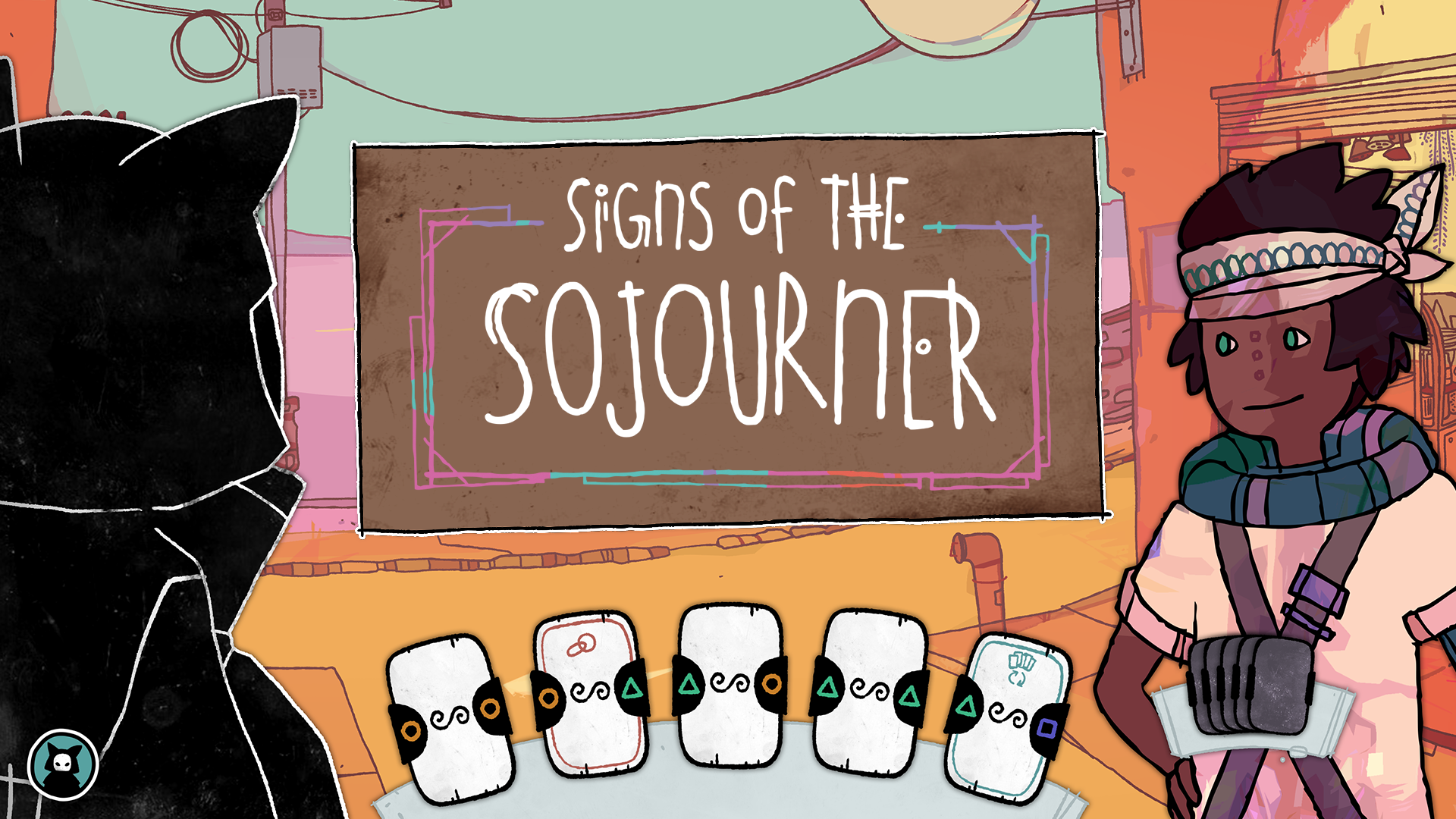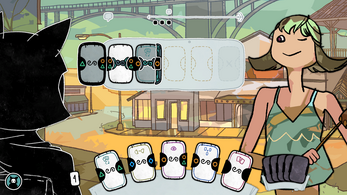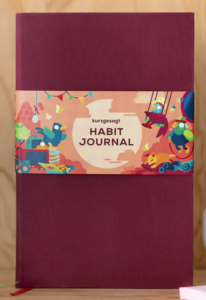tl;dr: The good parts are really good, the bad parts are really bad, but more than anything, the book felt way too long.
This past week I’ve read “The Demon-Hauted World, Science as a Candle in the Dark”, by Carl Sagan. This book that has been highly recommended by several friends I admire, and has generally very good reviews. From the outside, it is an essay about how scientific thinking is necessary for the well being of society as a whole, which is a topic that it close to my heart, so this book has sat near the top of my “to read” pile for ages.
The book begins with a harsh admonishment of the kind of thinking that leads people to believe in histories about UFO and astrology, as well as other pseudosciences. The first chapter of this was interesting. The second was okay. By 100 pages, I was like “okay, believing in UFOs is bad, I got it, can we talk about something else now, like how science is amazing and super useful for society?”. I mean, the first half of the book is not all UFOs, but it sure FELT like it. It dragged.
By page 200, I was ready to give up on the book. I decided to check reviews to see if anyone had similar experiences to mine, and found a lone 2 star review (among a sea of weird “BEST BOOK EVER!” reviews), that echoed my feelings. They agreed that the first half was dragging, but recommended the last few chapters as really interesting. So I decided to keep on reading, with liberal page skipping whenever Dr. Sagan started talking about UFOs again, and I’m glad I did that.
There is a chapter around the middle of the book describing a “skeptic toolkit”, that is really practical advice about how to think about knowledge in a rigorous manner that I might integrate in my “Experiment Design” lectures.
Then there was one terribly colonialist short chapter which hand-waves away the scientific achievements of non-European civilizations as somehow “non-scientific”, without much of a thought of why, to state that “ancient Greece” was somehow the only place where “true science” was born. This was another place where I felt like I wanted to drop the book. “Question everything, except that thought on the back of your mind that tells your civilization is certainly better than what you don’t understand”.
Right after that there is a chapter about science education, where he laments the small amount of time that American children spend on school and praises bubble era Japan education for sticking kids in school for 33 hours a week. That didn’t seem to have worked very well for us in terms of scientific achievement these days, though…
The book does improve after that, though. The Chapter on Maxwell is very interesting and fun — with beautiful, wondrous and poetics descriptions of invisible waves in our daily lives. This sense of honest wonder feels a bit out of place when compared with the tone of the book until now, and I would much preferred if this had been the main tone from the beginning. Being excited about science is much more interesting than bemoaning the lack of it.
The final chapter about science and politics has its heart in the right place, when it talks about the necessity of ethics to be involved in science, and science to be involved in politics: “The unprecedented powers that science now makes available must be accompanied by unprecedented levels of ethical focus and concern by the scientific community—as well as the most broadly based public education into the importance of science and democracy.”
However, he does dabble in “Freeze Peaches” by arguing that “even the most odious argument should be allowed, and faced with debate, not suppression of ideas”, which I guess is easy to say when you’re not part of a demographic that is often denied a platform or free access to information about itself.
All in all, I have mixed feelings about the book. The good parts are really good. The bad parts are really bad. But above all I felt that the book was long and dragging, with way too much UFO bashing. I wouldn’t recommend the entire book to someone else, but it would be really nice if there was an abridged version of the good parts.
In the end, I leave the read feeling a bit personally disappointed. I haven’t really read any new books in the last 4-5 months, other than obligatory readings of textbooks to prepare classes, the minimum scientific papers I needed to read for work, and the occasional narrative game. I guess I’ll reach to my fiction pile for my next read.


